Ursinus College professor Jennifer Fleeger joins us to discuss THE LOVE PARADE. In this episode, we cover the operetta form, the divergent singing styles of Jeanette Macdonald and Maurice Chevalier, how those styles interact with the recording technology of the time, as well as this film’s fascinating and sometimes uneasy ways of dealing with both class and gender roles.
Edited by Griffin Sheel.
We have a Discord!
NEXT WEEK:
Katharine Coldiron joins us to discuss MONTE CARLO. For details as to where to find this film, check out our resources page.
WORKS CITED:
The MPAA Production Come Administration Records for THE LOVE PARADE courtesy of the Margaret Herrick Library
Paris and the Musical: The City of Lights on Stage and Screen edited by Olaf Jubin
Eclipse Series: Lubitsch Musicals essay on The Love Parade by Michael Koresky
Pre-Code.com’s list of Essential Pre-Code Hollywood Films
Sound American by Jennifer Fleeger
Mismatched Women: The Siren Song Through the Machine by Jennifer Fleeger
Media Ventriloquism by Jennifer Fleeger
























